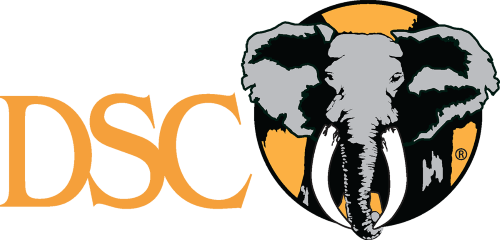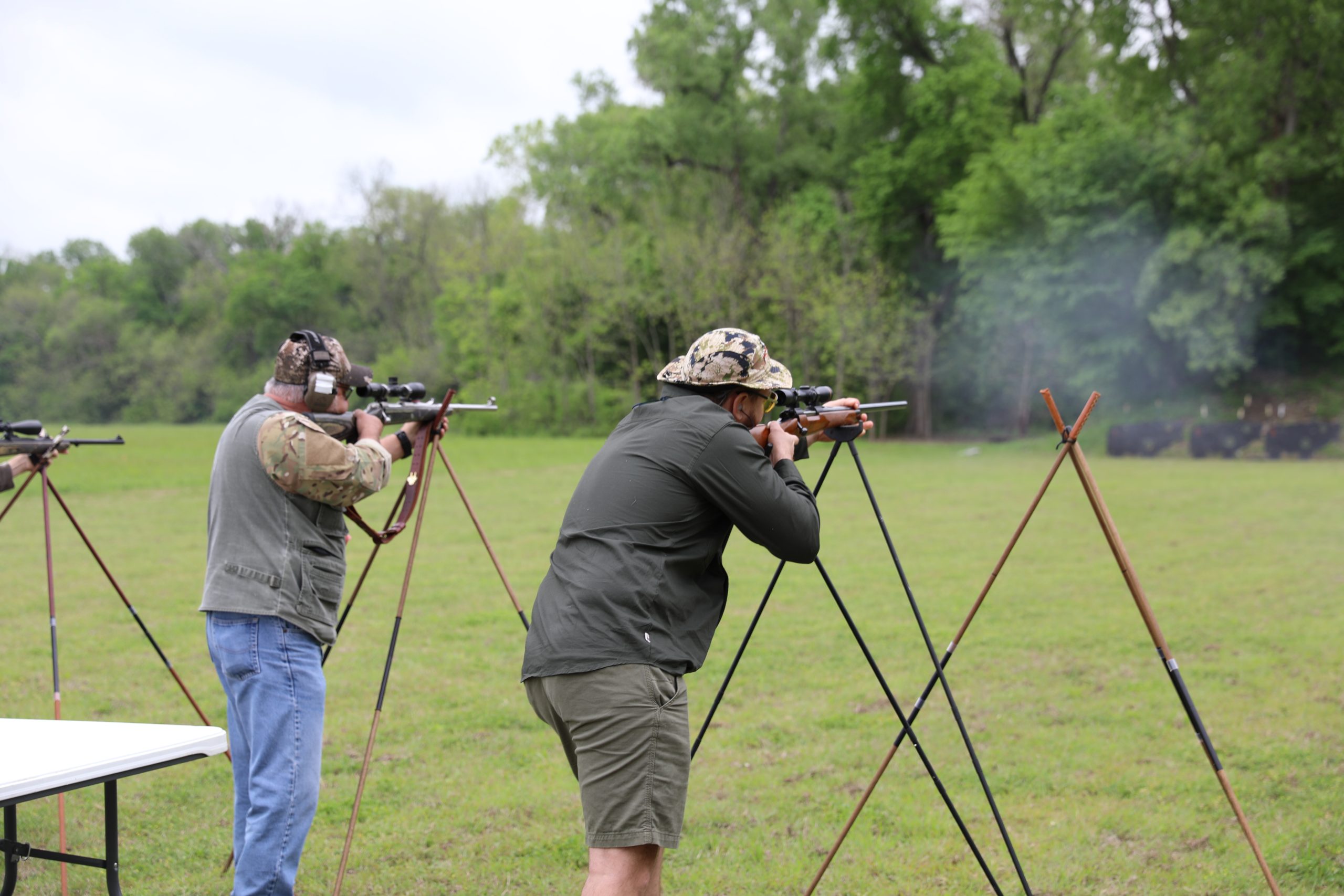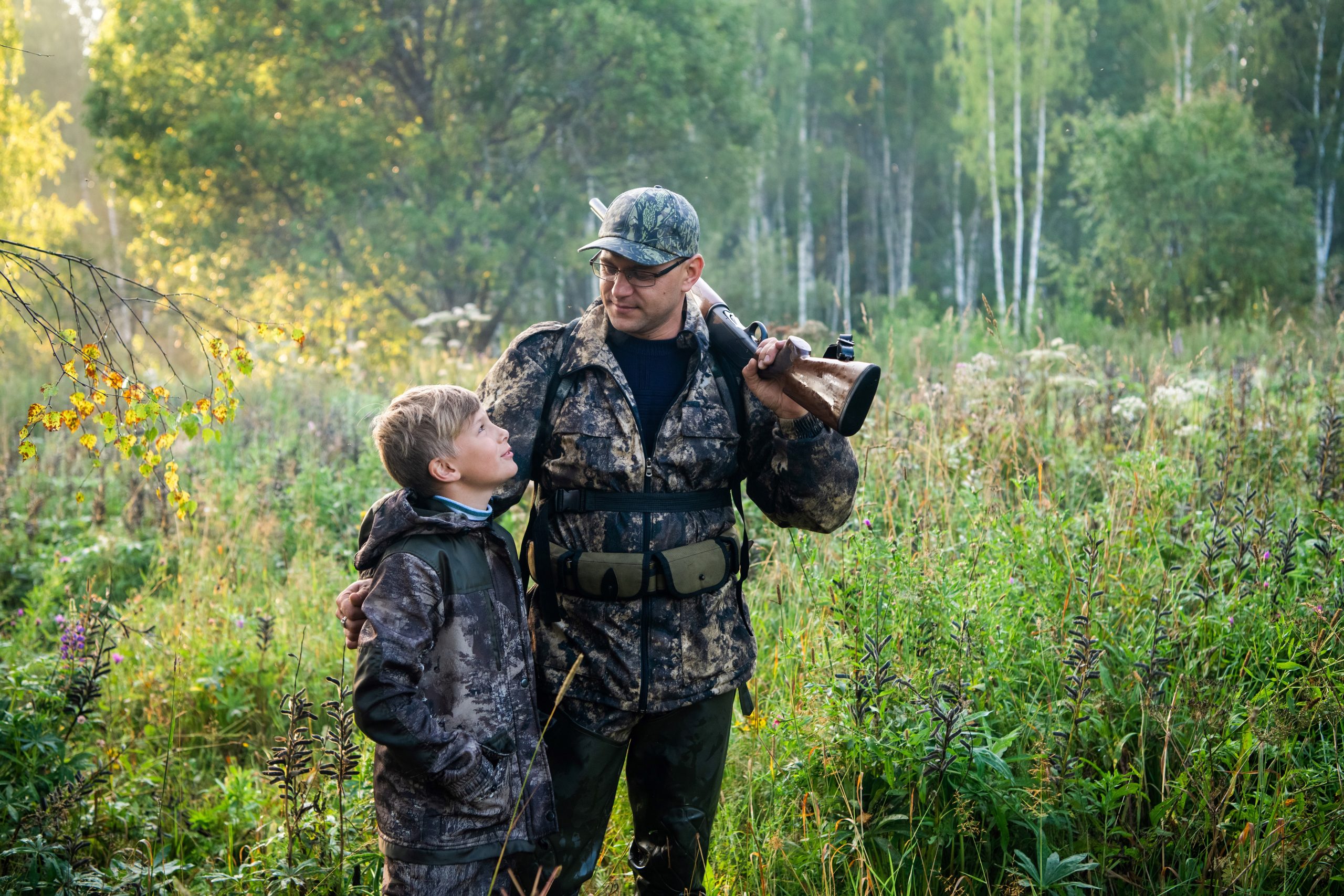In January, DSC submitted a response to the UK Department for Environment, Food & Rural Affairs’ call for evidence on the impact of trophy imports and exports. Botswana just released their response from Philda N. Kereng, Minister of Environment, Natural Resources Conservation And Tourism. Keep reading below or follow here.
I wish to convey fraternal greetings to you and the people of the United Kingdom.
I have the honour to refer to the issue of the call for evidence on the scale and impacts on the import and export of hunting trophies into the United Kingdom. Botswana attaches great importance to the existing cordial relations and solidarity between our two countries. It is this spirit that I found it imperative to raise our discomfort on how the Department for Environment, Food and Rural Affairs (DEFRA) of the United Kingdom is handling this matter.
It is Botswana’s considered view that any measures that would impose restrictions or ban the import of hunting trophies into the United Kingdom (UK) should take into account the interests of those most affected by the proposed ban of hunting trophies. It is also our hope that the consultative process should be all-inclusive and involve those most affected by the proposed ban of hunting trophies into the UK. Accordingly, it is vital that DEFRA’s position on this matter, should be based on the best available scientific evidence and information. The Botswana Government stands ready to provide DEFRA with significant and accurate evidence, demonstrating the importance of hunting as a conservation strategy. The Botswana Government’s commitment to manage and conserve its wildlife and provide livelihood support benefits to impoverished communities remains very strong.
We can only hope that the Government of United Kingdom has not already taken a position to ban the import of hunting trophies into the UK, given that the call for evidence was intended to end on 25 February 2020.
It should be recalled that on 23 May 2019, a Presidential Sub-Committee of Cabinet decided that Botswana should lift the 2014 temporary hunting moratorium. This decision was taken following a nationwide, democratic and consultation with the affected stakeholders. Among the Sub-committee’s numerous finding were:
i. The number and high levels of human-elephant conflict and the consequent impact on livelihoods was increasing;
ii. Predators appear to have increased and were causing a lot of damage as they kill livestock in large numbers;
iii. There is a negative impact of the hunting suspension on livelihoods, particularly for community-based organisations that were previously benefitting from consumptive utilisation; and
iv. The general consensus from those consulted was that the hunting ban should be lifted.
It should therefore be appreciated that Botswana would be one of the most significantly affected stakeholders if a hunting trophy import ban was implemented. Botswana currently has a minimum elephant population of 130,000 with a carrying capacity of 50,000. It is apparent that management decisions must be considered. Controlled hunting is a tolerance building mechanism for communities in marginal lands living amongst destructive wildlife such as elephants. Communities were stripped of livelihood benefits including cash, infrastructure and game meat following the hunting moratorium.
The lack of benefits to communities following the moratorium resulted in a documented, decrease in tolerance towards elephant. The announcement to lift the moratorium was a welcome development by affected communities. Communities and wildlife were the losers when the hunting moratorium was implemented. Given that our rural communities have limited internet access, the Government of Botswana believes DEFRA officials should have travelled to Botswana in order to properly consult the communities that would be affected by a hunting trophy import ban.
Botswana seeks to maximise its natural resources for the benefit of wildlife conservation and community livelihoods. It should be noted that controlled hunting is in accordance with various Botswana governmental policies including the Botswana Vision 2036 and the Botswana Wildlife Policy of 2013. We have developed a scientific and sustainable hunting framework that, based on the best available scientific evidence, will be found to be not only non-detrimental to the survival of hunted species, but also enhance the survival of hunted species in the wild. Given that Botswana is renowned for her sound wildlife management practices, the decision to re-implement a controlled hunting programme should be welcomed by foreign governments. Therefore, it is incomprehensible that the UK would seek to undermine our conservation strategy.
We would therefore greatly appreciate the continued support of the United Kingdom in the execution of Botswana’s conservation strategy and thus provide benefits to our communities unhindered.
Please accept, Right Honourable, the renewed assurances of my highest consideration and esteem.
Philda N. Kereng
MINISTER OF ENVIRONMENT, NATURAL RESOURCES CONSERVATION AND TOURISM
Source: MmegiOnline



